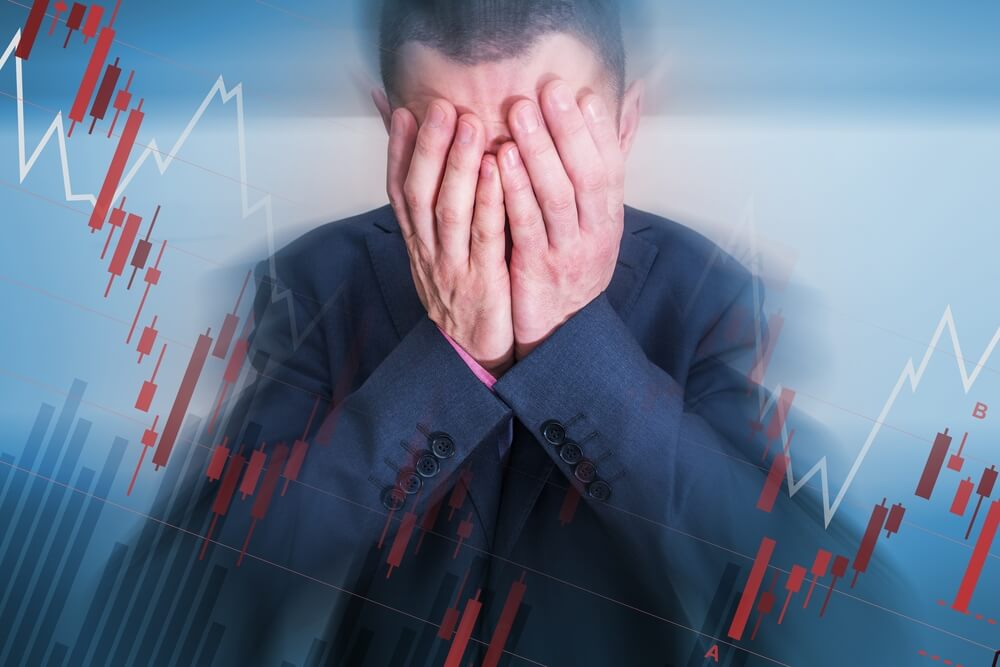The Blackstone Group co-founder and CEO Stephen Schwarzman thinks a little dash of worry is generally good for keeping investors’ frame of mind in proper perspective.
Schwarzman has a new memoir out, titled “What it Takes,” and in it he tells readers to embrace worrying. He argues that it “is playful, engaging work that requires you never switch it off,” and in a recent interview with MarketWatch said that this attitude is what helped Blackstone protect its investors during the subprime real estate crisis of the mid 2000s.
What Schwarzman Is Worried About Today
Manufacturing is first on his list because it is “basically contracting around the world.” The Institute for Supply Management’s September data showed U.S. manufacturing contracted for the second straight month, and one gauge hit its lowest level in over 10 years. Manufacturing in China and the European Union is struggling as well.
Schwarzman’s also doesn’t like the Federal Reserve’s recent penchant for interest rate cuts, following the lead of the EU and Japan, which are currently negative.
“Interest rates are historically low in the United States and you keep driving them lower, where do you get? What’s the objective?” Schwarzman asked while arguing that weak economic growth is fueled by lower rates. “If you push down too much, you create the problem you are trying to solve.”
Schwarzman also says to keep an eye on the shift in global growth as “most of the major countries around the world have slowing economies,” and he doesn’t see any end to the slowdown.
His last concern is for the future efforts of companies trying to enter the stock market through initial public offerings. WeWork rescinded its IPO filing earlier this week, and shares of other companies that entered the market, like ride-sharing giant Uber, are sliding down, which Schwarzman calls “signs of excess” typically witnessed at the end of an economic expansion.
“These (stocks) are trading sardines, not eating sardines,” he said. “When it’s time to eat and you open the can — and that is like the IPO moment — and the customers are saying ‘I don’t want to eat them.'”
